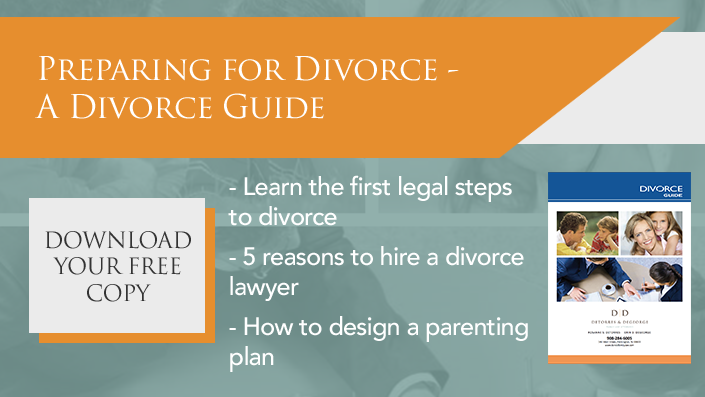 With the internet readily at your fingertips, it’s never been easier to search for just about anything that comes to mind – including divorce facts or legal advice. Still, there’s a lot of confusion regarding the topic of family law in New Jersey. Here are four facts about New Jersey’s divorce laws that are commonly misinterpreted:
With the internet readily at your fingertips, it’s never been easier to search for just about anything that comes to mind – including divorce facts or legal advice. Still, there’s a lot of confusion regarding the topic of family law in New Jersey. Here are four facts about New Jersey’s divorce laws that are commonly misinterpreted:
1. New Jersey does not have legal separation.
While many states have a provision for legal separation, New Jersey is not one of them. It is legal and perfectly acceptable for a married couple to decide to live separately and each be responsible for their own expenses. However, if you want a written agreement that’s enforceable in court, explaining the rights and obligations of each person, you need to go through the divorce process.
There is one additional alternative in New Jersey, and it’s called a divorce from bed and board. Some individuals find this option attractive because – in some situations – it allows for the continuation of medical insurance coverage. The process is exactly the same as a regular divorce, but at the end of the case, the legal marriage still exists for a period of time. Because of the continued legal bond, some companies will permit their employees to continue to provide insurance coverage. This, however, is a company-by-company decision, so you would need to check with your particular employer to see if this is a possibility before deciding to go this route. If you do decide to proceed with a divorce from bed and board, you will resolve all of the economic issues in the same way that you would with a traditional divorce, and the same goes for deciding issues of custody and parenting time. For the period of time that the divorce from bed and board remains in effect, however, you will not be able to re-marry.
2. Alimony is not based on a formula.
In some states, alimony is based on a formula. It’s not uncommon for someone to come to a consultation and say that their friend told them that their alimony will be 1/3 of the difference in the parties’ incomes. However, the New Jersey law regarding alimony includes a much more thorough analysis of the needs of the party that will be receiving support in comparison to the ability of the party who will be paying support to meet those needs. In all, there are 14 factors that are considered in reaching this determination, and they include the incomes of the parties, their respective ages, and the length of the marriage. While some attorneys in New Jersey may use the 1/3 technique as a starting off point to discuss settlement, the appropriate method is the complete analysis of all 14 factors, which is what a judge would do if you went to trial.
3. You do not need a reason to file for divorce.
There are nine possible causes of action, or reasons, that you can name as the basis for your divorce filing. Many people who come for a consultation to discuss divorce mistakenly believe that they have to name a reason why they want to be divorced. While many of the causes of action do require evidence to support the reason for divorce, New Jersey has had a no fault provision for divorce, known as irreconcilable differences, since 2007. Under this provision, all a party needs to say is that you have lived in New Jersey for at least 12 months prior to filing the complaint; you have experienced irreconcilable differences for a period of at least six months; and these differences make it appear that the marriage should be dissolved. In other words, you’re basically just telling the court you’ve been unhappy with your spouse for six months. There is no need to prove anything beyond this simple statement.
4. Adultery does not give the non-cheating spouse a financial advantage.
Many people come to our office believing that because their spouse cheated, they should be entitled to more: more money, more custody, more property. There are very, very limited situations in which this might be true, and they involve cases of “egregious” fault with regard to financial issues. So, while you might be able to saddle the other party with more of the debt because he or she used the credit card for gifts for their significant other, you will not be entitled to receive more support than you would otherwise get.
If you are considering a divorce, contact DeTorres & DeGeorge today to schedule a consultation with one of our attorneys.


 START LIVE CHAT
START LIVE CHAT











